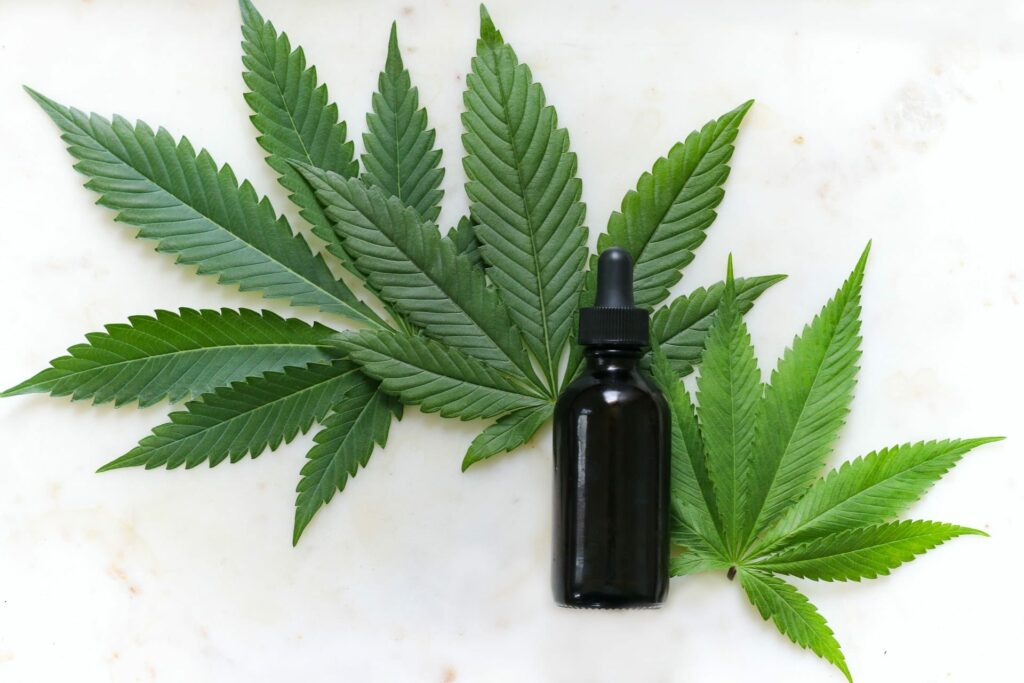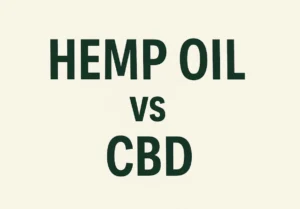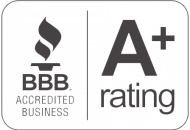CBD is legal in many countries, including the U.S., Canada, the UK, Germany, and Uruguay—but banned or restricted in much of Asia, the Middle East, and Africa. This 2025 guide breaks down where CBD is allowed, restricted, or prohibited, region by region.
Quick Summary
|
Region
|
Legal Status Summary
|
|---|---|
|
USA
|
Federally legal; state laws vary
|
|
Canada
|
Fully legal and federally regulated
|
|
Europe
|
Mostly legal under Novel Food regulations; some bans apply
|
|
Asia
|
Mostly banned or restricted
|
|
Africa
|
Largely illegal, with few medical exceptions
|
|
South America
|
Mixed legality; medical use allowed in Brazil & Colombia
|
|
Middle East
|
Mostly banned; Israel allows regulated medical use
|
|
Australia/NZ
|
Prescription-only access; OTC not yet available
|
CBD in the United States
Federal Overview
Under the 2018 Farm Bill, hemp-derived CBD containing less than 0.3% THC is legal at the federal level. This removed hemp from the Controlled Substances Act, enabling regulated cultivation and commercial use. However, this federal legality applies primarily to raw hemp extracts—not necessarily to CBD in consumer products.
FDA and Regulatory Gaps
The U.S. Food and Drug Administration (FDA) has not fully approved CBD for use in food, beverages, or dietary supplements. As a result, these products remain in a regulatory gray area, and their legality can depend on state laws and enforcement discretion.
State-by-State Differences
Each U.S. state sets its own CBD laws, leading to a patchwork of regulations. Most states permit the sale and use of hemp-derived CBD, but some, like Idaho, enforce strict rules, banning any product with detectable THC.
Canada
CBD is legal across Canada and regulated under the federal Cannabis Act. Consumers must purchase products from licensed retailers, and all products must meet strict packaging, labeling, and formulation standards set by Health Canada and local provinces.
Europe
EU-Wide Standards
The European Union classifies CBD as a Novel Food. Products require safety evaluations and must comply with labeling and ingredient rules. Most EU countries cap THC content in hemp-derived CBD at 0.2%.
Country-Specific Regulations
- The United Kingdom and Germany allow over-the-counter sales of approved CBD products.
- Slovakia and Lithuania continue to prohibit CBD sales.
- Enforcement and import laws vary widely, so checking local guidelines is essential.
South America
CBD laws in South America range from medical authorization to full prohibition.
- Brazil and Colombia allow CBD for medical use with appropriate licensing.
- Uruguay permits open retail sales of CBD products.
- Ecuador and Venezuela maintain stricter bans under broader cannabis laws.
Access to CBD often depends on navigating general cannabis legislation, which can lack clarity.
Asia
Strict Prohibitions
CBD is banned or tightly restricted in most Asian countries. Nations like Singapore, Indonesia, and Saudi Arabia impose harsh penalties for possession or use, treating CBD similarly to high-THC cannabis.
Limited Medical Use
Some countries make exceptions:
- Thailand, Israel, and South Korea allow CBD under medical supervision, with strict licensing requirements.
Australia and New Zealand
Australia
Australia reclassified low-dose CBD to be eligible for over-the-counter status at pharmacies, though no products have yet met the regulatory requirements for this pathway. Currently, CBD is primarily accessible through prescription.
New Zealand
CBD is legal by prescription only. Due to conservative medical guidance and limited clinical familiarity, access remains cautious and less widespread.
Africa
CBD remains largely illegal across Africa, though a few nations have introduced limited access:
- South Africa allows CBD in low doses and under specific conditions.
- Zimbabwe and Lesotho permit medical CBD use with regulatory oversight.
In most countries, CBD is grouped with general cannabis prohibitions, making possession or use a legal risk.
Middle East
General Ban
CBD is mostly prohibited throughout the Middle East. In countries like Saudi Arabia and the United Arab Emirates, it is classified as a controlled substance, and penalties for possession can be severe.
Exception: Israel
Israel stands out for its progressive cannabis research and regulation. Medical CBD is legal under a structured government program and widely studied in clinical contexts.
Know Before You Buy
Before purchasing or using CBD, check your local laws. CBD legality can shift quickly, and penalties for violations can be serious. Always consult official government websites or legal professionals to confirm current regulations in your area.
Responsible CBD Access
At Ojai Energetics, we prioritize transparency, safety, and quality. Our hemp-derived CBD products are manufactured under strict standards and independently lab-tested to ensure compliance with U.S. regulatory requirements. We do not make medical claims and remain committed to staying within FDA guidelines.
If CBD is legal in your region, consider consulting with a licensed practitioner or visiting an authorized retailer to learn more about our hemp-based offerings in a safe and informed way.
Frequently Asked Questions
No. While federally legal, some states like Idaho restrict CBD products with any detectable THC.
For a high-quality, legal CBD option, consider our Full Spectrum Hemp Elixir.
Countries such as Saudi Arabia, Singapore, and Indonesia maintain full prohibitions on CBD.
Laws vary greatly. In many regions, CBD is treated as a controlled substance. Check local regulations before traveling.
CBD is allowed under Novel Food rules in most EU countries but banned or restricted in Slovakia and Lithuania.
Disclaimer
This content is for informational purposes only and does not constitute legal or medical advice. The legality of CBD is subject to change and may vary significantly by jurisdiction. Ojai Energetics does not claim that its products treat, diagnose, cure, or prevent any disease. Always verify regulations in your area and consult a legal or healthcare professional before use.















